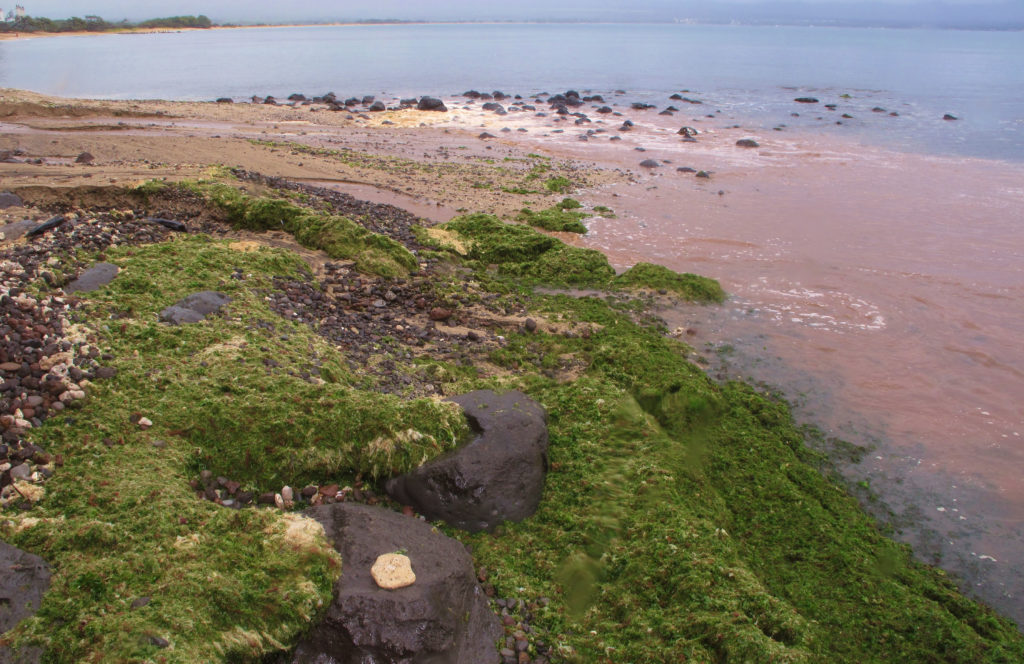Unsustainable Fishing
55% of the world’s coral reefs are affected by overfishing.
When fish populations decline, particularly those that feed on algae, algae can grow unchecked, eventually smothering corals. Other unsustainable fishing practices can physically destroy entire sections of coral reefs—for example, blast fishing destroys 64 square feet (5.9 square meters) of reef with a single blast.
Land-Based Pollution
25% of coral reefs around the world are affected by agricultural runoff.
Wastewater on coral reefs takes on many forms—sewage, agricultural runoff, industrial waste discharge, etc. When wastewater enters the marine environment, it brings with it chemicals and bacteria that are harmful to coral reefs and humans. It also brings nutrients, which can spur the growth of algae. And if sediment travels into the ocean via runoff, it can block out the necessary sunlight that corals need to survive.
Habitat Destruction
27% of the world’s coral reefs are in protected areas, but only 6% of those are well managed.
Unsustainable tourism and coastal development can cause lasting damage on a coral reef. Behaviors such as touching or standing on a coral reef or constructing buildings and roads to close to the shoreline without taking proper precautions can instantly damage a reef that is thousands of years old. Unsustainable boating practices, like anchoring on a reef, can also cause destruction.
